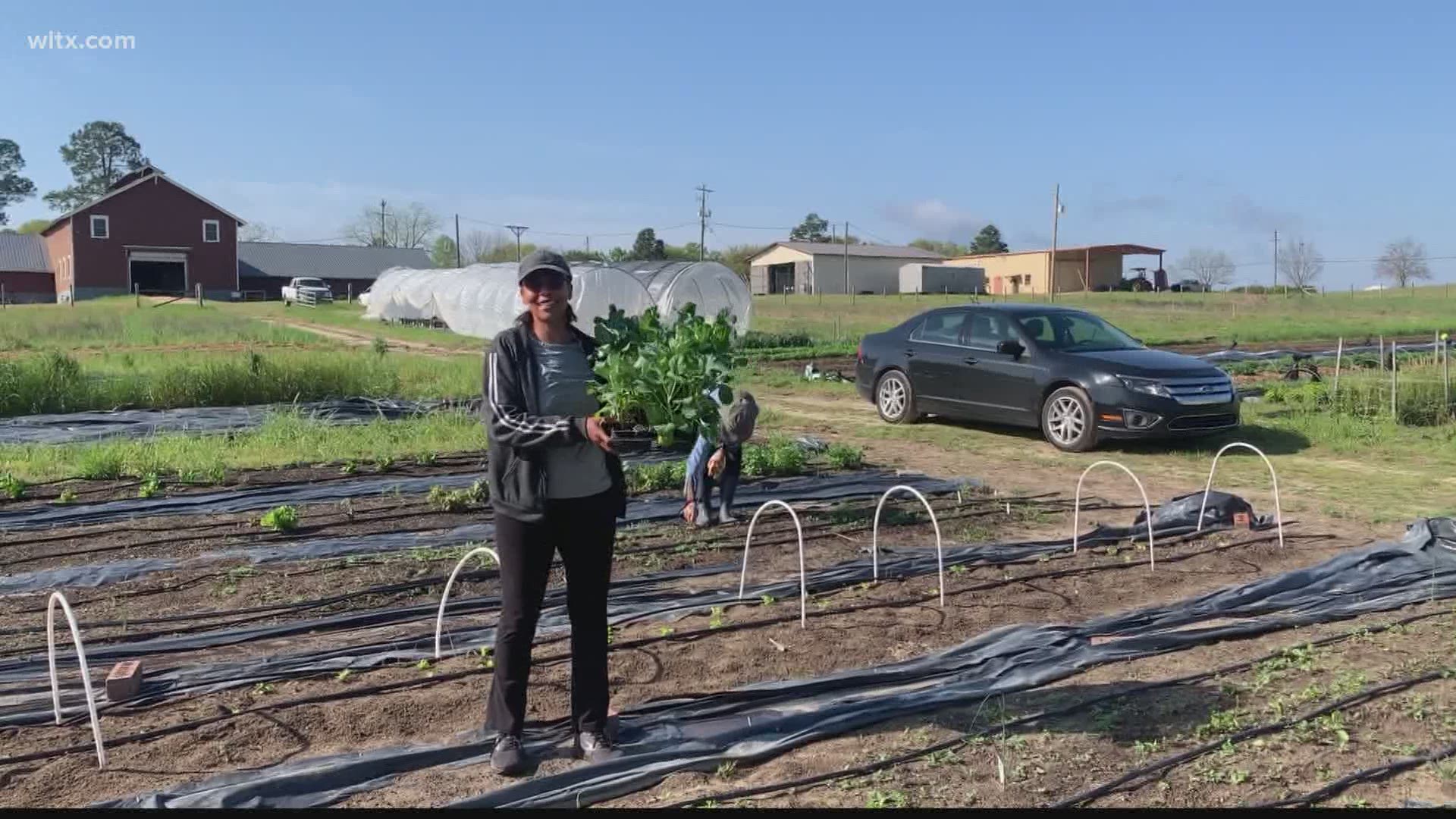COLUMBIA, S.C. — Last year, many restaurants were forced to close due to COVID-19.
Farmers were left scrambling to find places to sell their produce.
One Midlands farmer got straight to work to feed the most underserved neighborhoods.
In our series, "Surviving COVID: Farm-to-Table", we learn more about the pandemic's effect on local farmers and restaurant owners.
Bonita Clemons helped feed thousands of South Carolinians in 2020.
"When I would go to my grandmamma's house, we would play in the fields. Instead of going in the house to eat, we would just eat what was in the fields and we'd keep on playing."


Clemons grew up eating fresh produce right out of the ground at her families farm.
In 2001, she took what she learned from childhood and her health studies and created the non-profit Dianne's Call, named after her mother who passed away at 42.

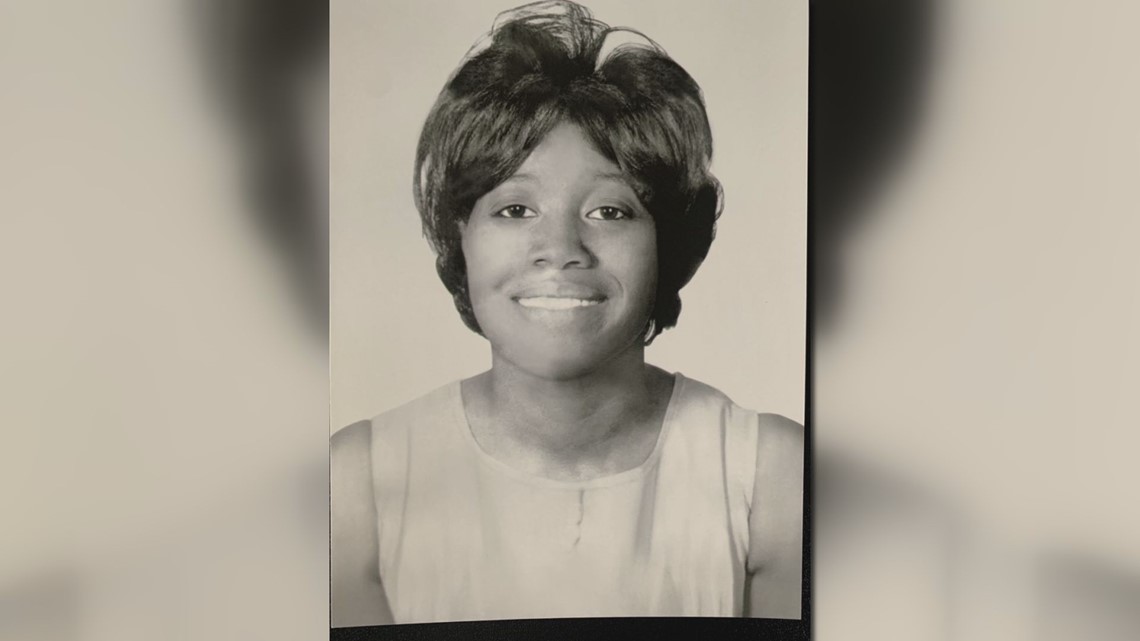
"It's part of my mission to help improve the health of African-American women," explained Clemons, "so I knew the nutrition is the first line of defense."
To continue her mission, Clemons founded FarmaSis in 2016.
"We are an army of women," said Clemons. "We don't kill, we heal."
FarmaSis is a group of 11 black female farmers from the Midlands who work together to grow vegetables like corn, garlic, collard greens and carrots.
"You name it we got it."
Anything they can grow on a half-acre of land at Clemson University's Sandhill Research and Education Center feeds their families.
"FarmaSis, we help and we train about how food is the medicine," said Clemons. "We do sometimes sell to the public at a nominal cost and sometimes we have given food to the food hub which is on North Main."
Last year, as businesses shut down and people lost their jobs, FarmaSis and Dianne's Call rolled up their sleeves.
"We went straight into putting our masks on, putting our gloves on and getting food out to the people," said Clemons.

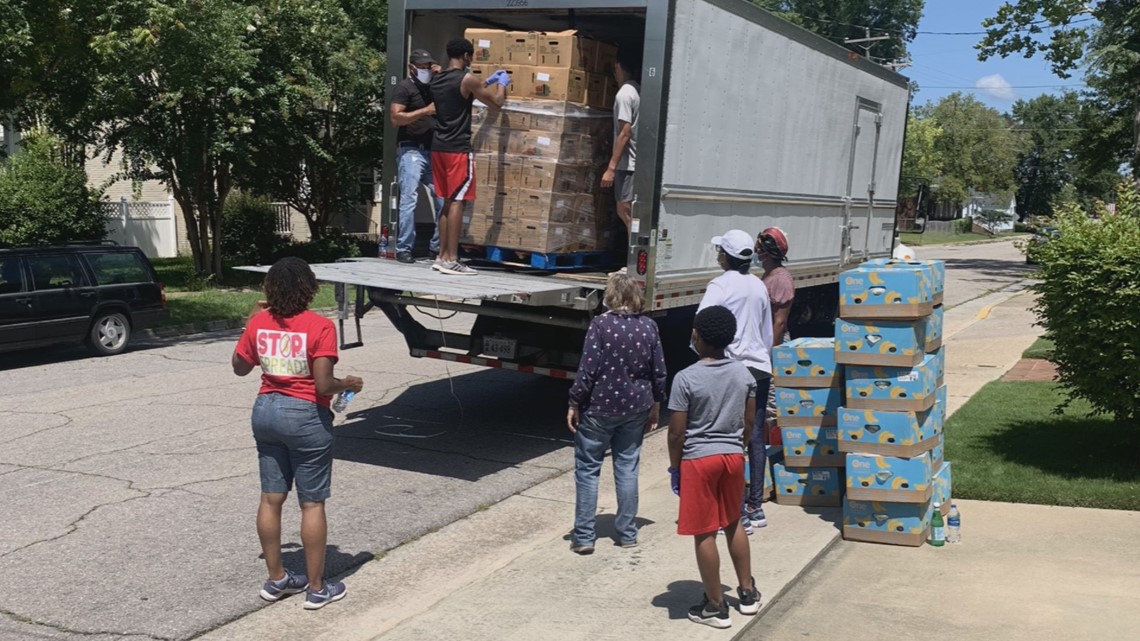
Her food hub, Axiom Farms, teamed up with Harvest Hope Food Bank, the state's Department of Agriculture and South Carolina farmers to feed families most impacted by COVID-19.

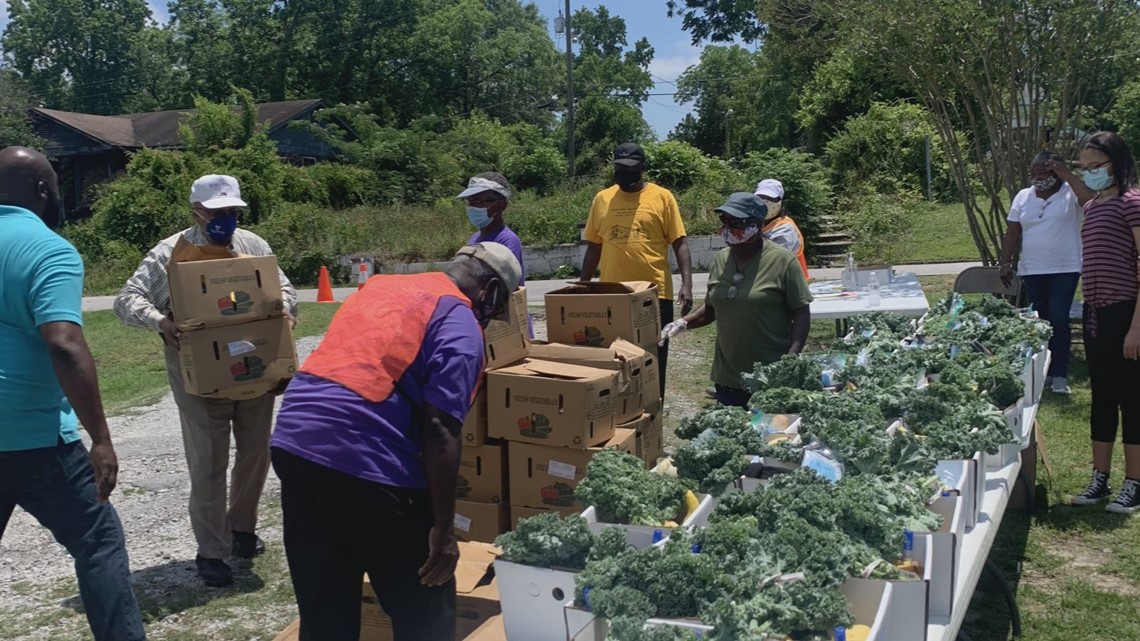
"When Covid hit, from May to September we fed over 10,000 families," she said. "I deal with farmers. So you had to get the food from South Carolina farmers and from that we were able to feed a lot of families from the Farmers to Food Bank program sponsored by the South Carolina Department of Agriculture."
According to the South Carolina Department of Agriculture website, through three rounds of funding, Farmers to Food Banks has supported 33 farms and distributed 20,959 boxes of fresh fruits and vegetables to needy families.

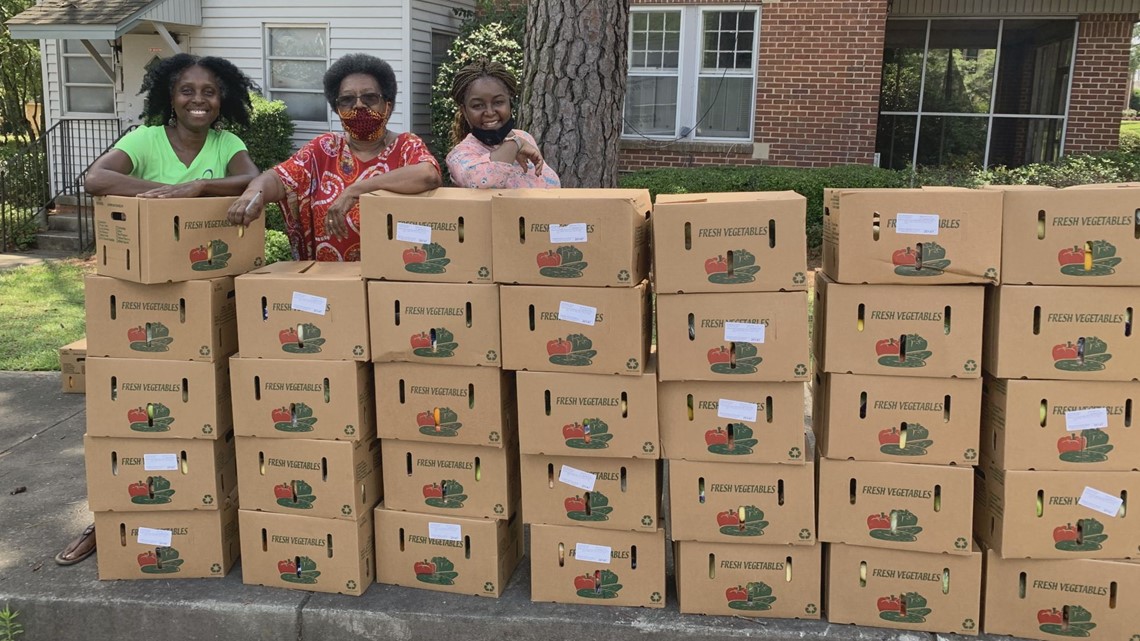
In 2021, Clemons says she will continue giving health education classes. Since her time in graduate school, she's worked to help residents in the 29203 area of Columbia focus on improving their health.
"Many years ago, researchers had identify this area because it had one of the highest amputation rates in the country. I think that was about 2012. So since I was already working there, I just continued to stay there...We've gone to North, Denmark, the outlying rural areas that people sometimes overlook or maybe don't think about," said Clemons. "Now we're getting ready to branch out to 29223."
Along with mentoring young farmers this year, Clemons also plans to host plant sales in underserved communities.
By the end of the year, she expects to start a mobile grocery store.
"We really can sustain ourselves from the food that is produced in South Carolina."

